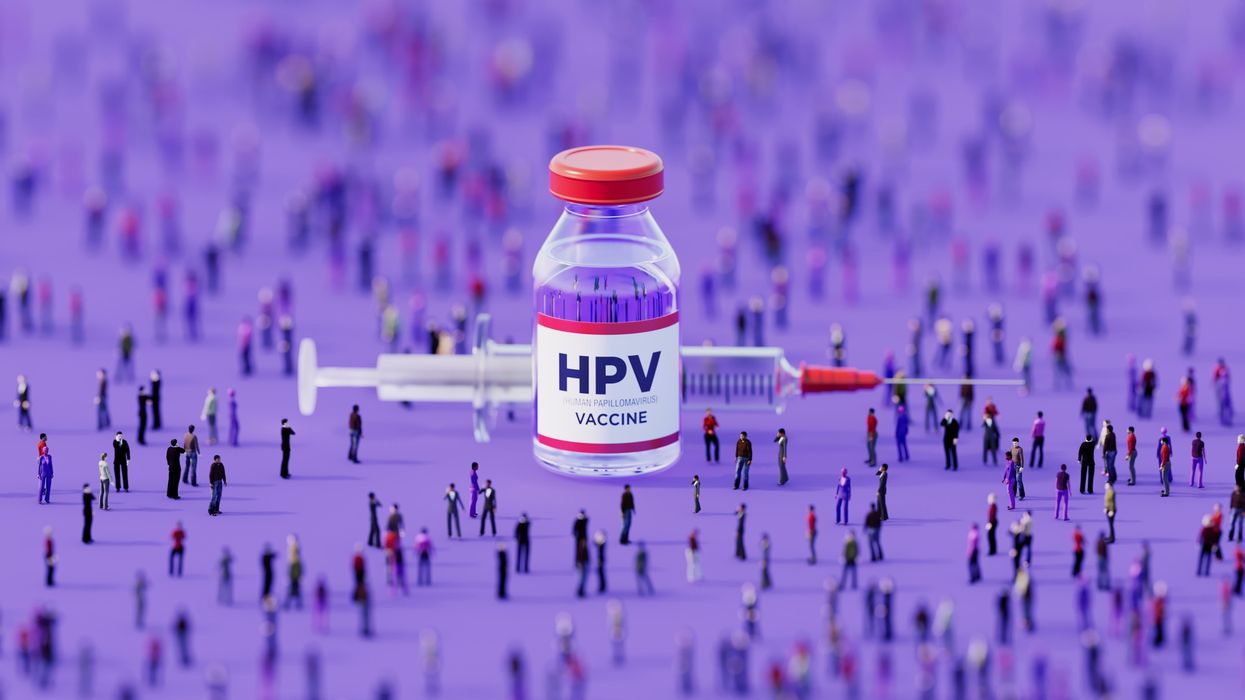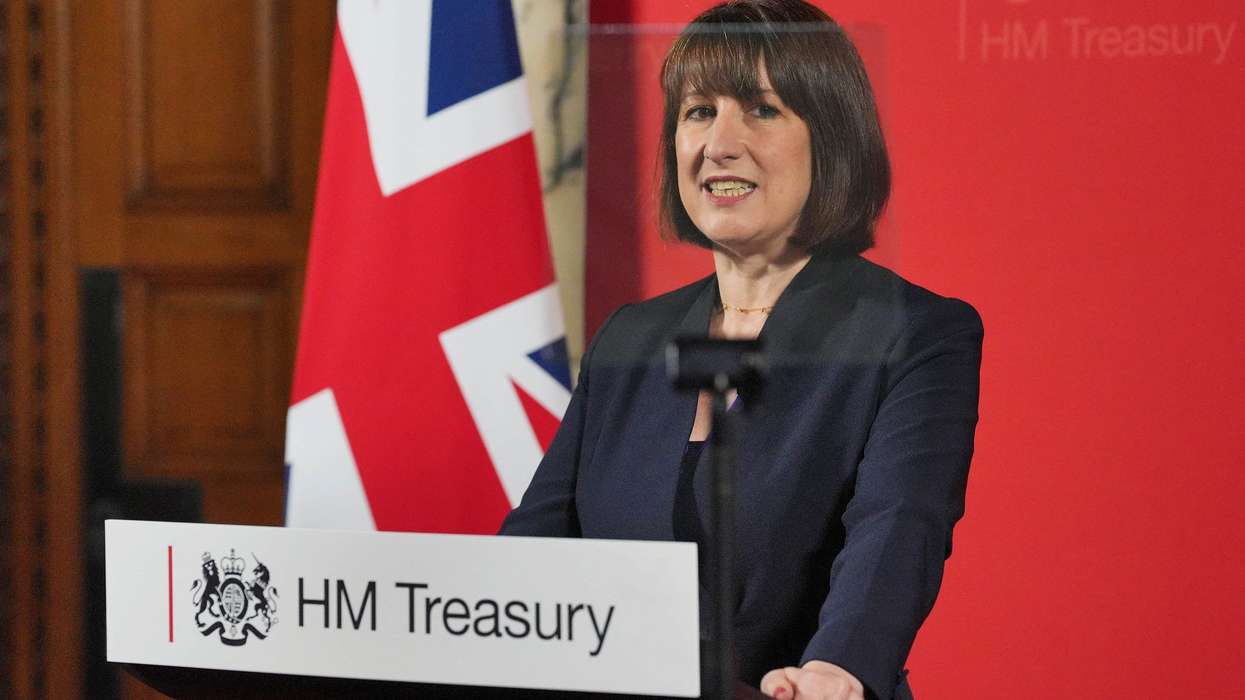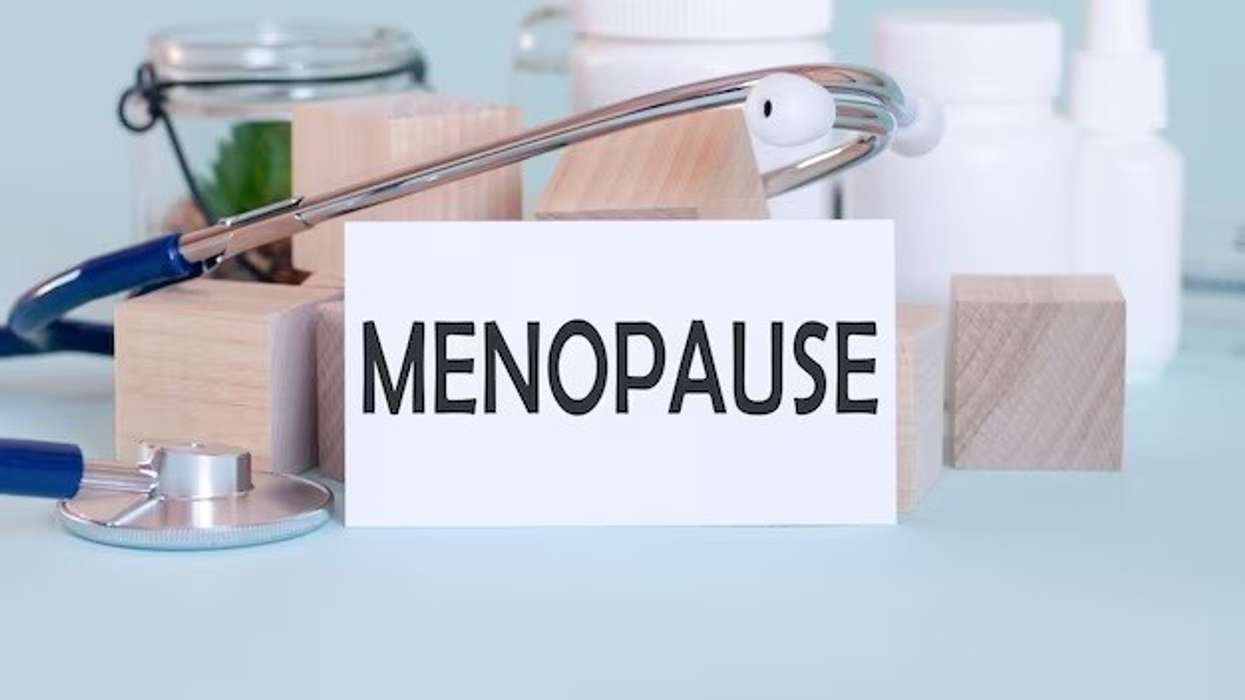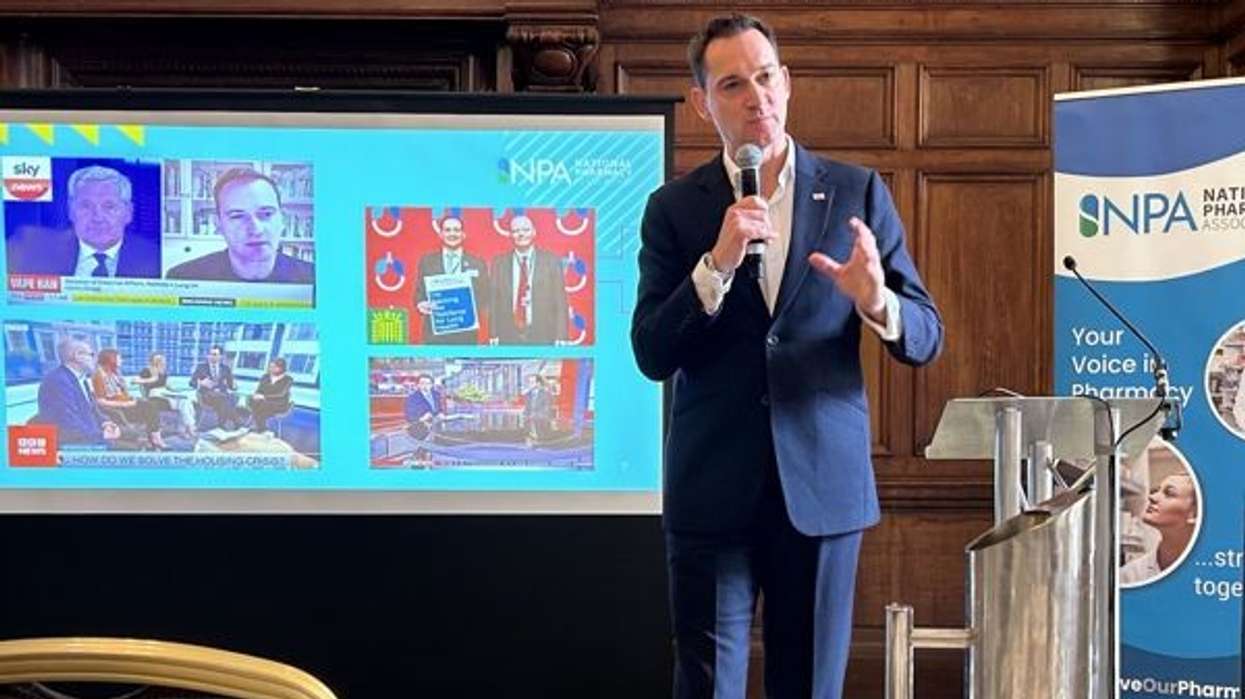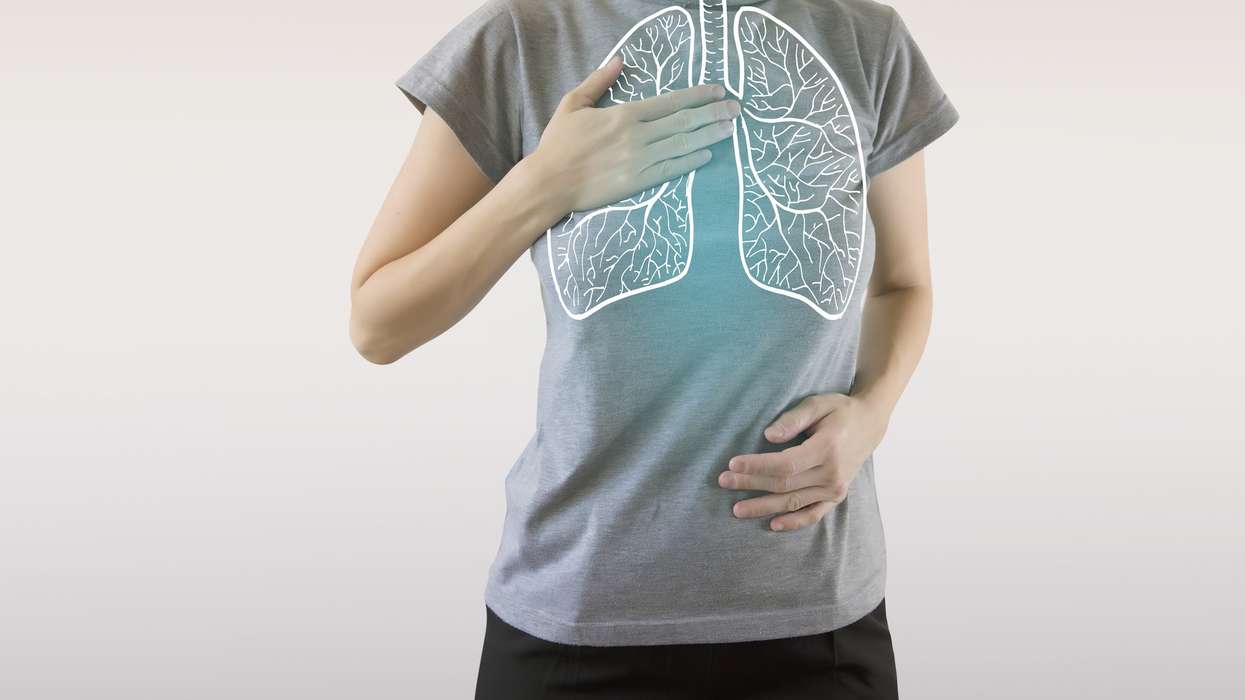The UK Health Security Agency (UKHSA) has warned that variations in geographical coverage of Human Papillomavirus (HPV) vaccine in adolescents across England is leaving many with less protection against cervical and some other cancers.
Data provided by Cancer Research UK indicates that cervical cancer rates in England are 65 per cent higher in the most deprived quintile compared with the least.
The latest UKHSA HPV coverage data in adolescents 2023 to 2024 shows that the uptake of the HPV vaccine greatly varies by region, with girls in London by year 10 having the lowest (64.9 per cent) and girls in the south-east the highest (82.7 per cent).
Among boys of the same age, it was also lowest in London (58.9 per cent) and highest in the south-east (77.3 per cent).
Research has shown that receiving the HPV vaccine before age 16 provides significantly stronger immune responses and greater protection against HPV-related cancers.
Even getting an HPV vaccination later as part of the catch-up programme provides strong protection against HPV-related cancers.
For those who missed their school HPV vaccinations in the years 8 and 9, catch-up options are available.
HPV vaccinations are also offered to boys in school in year 8 and 9, and similarly help protect them against HPV infection and its complications, including genital warts, head and neck cancers (which includes mouth and throat) and genital cancers.
They also have an important role to play in helping eliminate cervical cancer by being vaccinated and not passing on the HPV virus when they become sexually active.
Dr Sharif Ismail, Consultant Epidemiologist at UKHSA, said, "Every vaccination represents a young person with better protection against the devastating impact of HPV-related cancers".
He claimed that though there has been an increase in the number of young people being vaccinated, the uptake is still well below pre-Covid pandemic levels.
"Over a quarter of young people, many thousands, are missing out on this potentially life-saving vaccine, which protects not only against cervical cancer but all young adults, men and women, against genital warts and some genital cancers, as well as mouth and throat cancers," he said.
Cancer Research UK’s chief executive, Michelle Mitchell, thanked the NHS for the ongoing cervical cancer screening drive (June 19-24) and said that HPV vaccination and screening provide the best protection against the disease.








